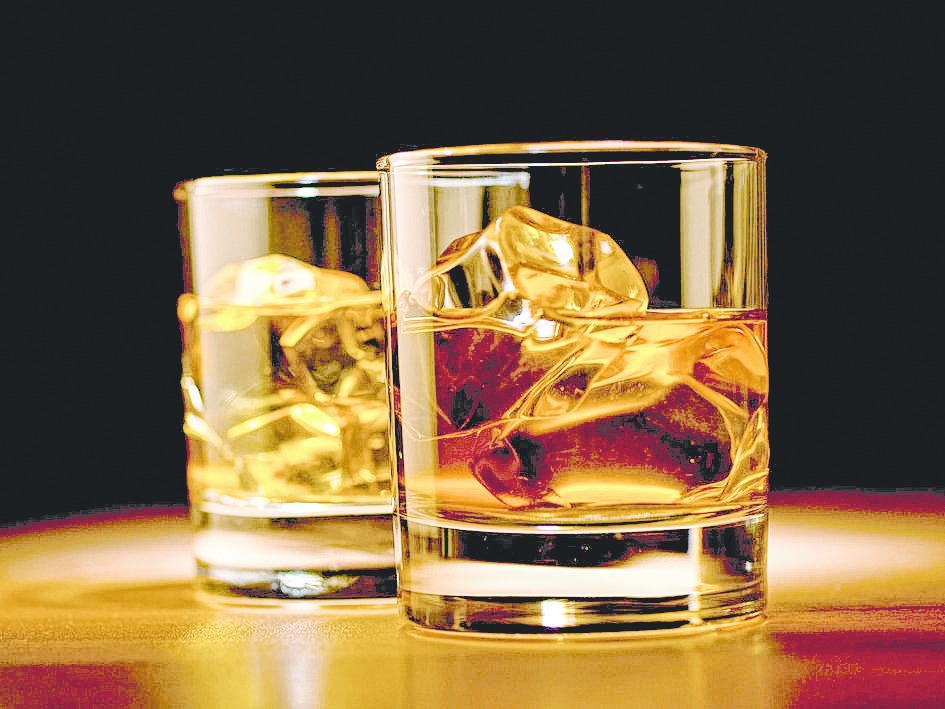
Silchar, July 6: The Mizoram government is considering reviewing the Mizoram Liquor Prohibition and Control (MLPC) Act, 2014, that allows sale of liquor in the state.
There has been constant pressure on the government from the main Opposition party, the Mizo National Front (MNF), and other organisations to withdraw the act and ban liquor sale in the state.
Mizoram home and excise minister R. Lalzirliana yesterday told the reporters in Aizawl that although the people of the state were divided over the enforcement of the liquor law, the government was planning to review it.
He added that liquor was not being sold to all and sundry, but only to those who possess liquor permits. "In order to buy liquor, one should first show the permit to the vendor and then only can get it. It is also not allowed to sell liquor to an underage person," he added.
He said sale and consumption of liquor without a permit was punishable. The minister urged the people to inform the excise or police department if they find anyone either running a liquor shop or consuming liquor without permit. "The government will be more stringent and careful regarding the sale of liquor without permits in the state," he added.
The MLPC Act, 2014, which replaced the more stringent Mizoram Liquor Total Prohibition (MLTP) Act of 1995 (implemented two years later), became operational on January 16 last year. Sale of liquor was banned in the state under MLTP Act.
Sources in the Mizoram excise department told this correspondent today that altogether 63 people possess the liquor vendor licence in the state.
With the enforcement of the MLPC Act, the government earned Rs 60,53,37,738 as revenue during the 2015-16 financial year. The state earned Rs 12,07,82,088 as revenue from the sale of liquor during two months (April and May) of this financial year.
Sources said as of July 4, 69,390 people possessed permits to buy and consume liquor in the state. Till July 1 this year, 208 different liquor brands have been registered under the Mizoram excise and narcotics department.
The government planned to review the MLPC Act after the MNF announced that it would withdraw the act if it came to power after the next Assembly elections, slated for 2018.
MNF general secretary C. Lalrammawia said the main reason behind the opening of liquor shops as claimed by the Congress government was to earn revenue. "The government had earned over Rs 50 crore as revenue from the sale of liquor. On the other hand, a huge amount of the people's money flowed out of the state to buy Indian-made foreign liquor," he added.
Lalrammawia also said another reason behind the introduction of the act was to reduce consumption of locally made liquor and drugs, but it failed.
The MNF submitted a memorandum to chief minister Lal Thanhawla last week, urging him to withdraw the existing liquor law.
Baptist Kohhran Hmeichhe Pawl (MBKHP), a women's wing of the Baptist Church of Mizoram, also spearheads a movement for the withdrawal of the act.
In the meantime, Lalzirliana today told the reporters that the state government would initiate peace talks with the Hmar People's Convention (Democrats), an armed militant group.
The home minister said they would soon communicate with the leaders of the outfit to begin negotiations.










